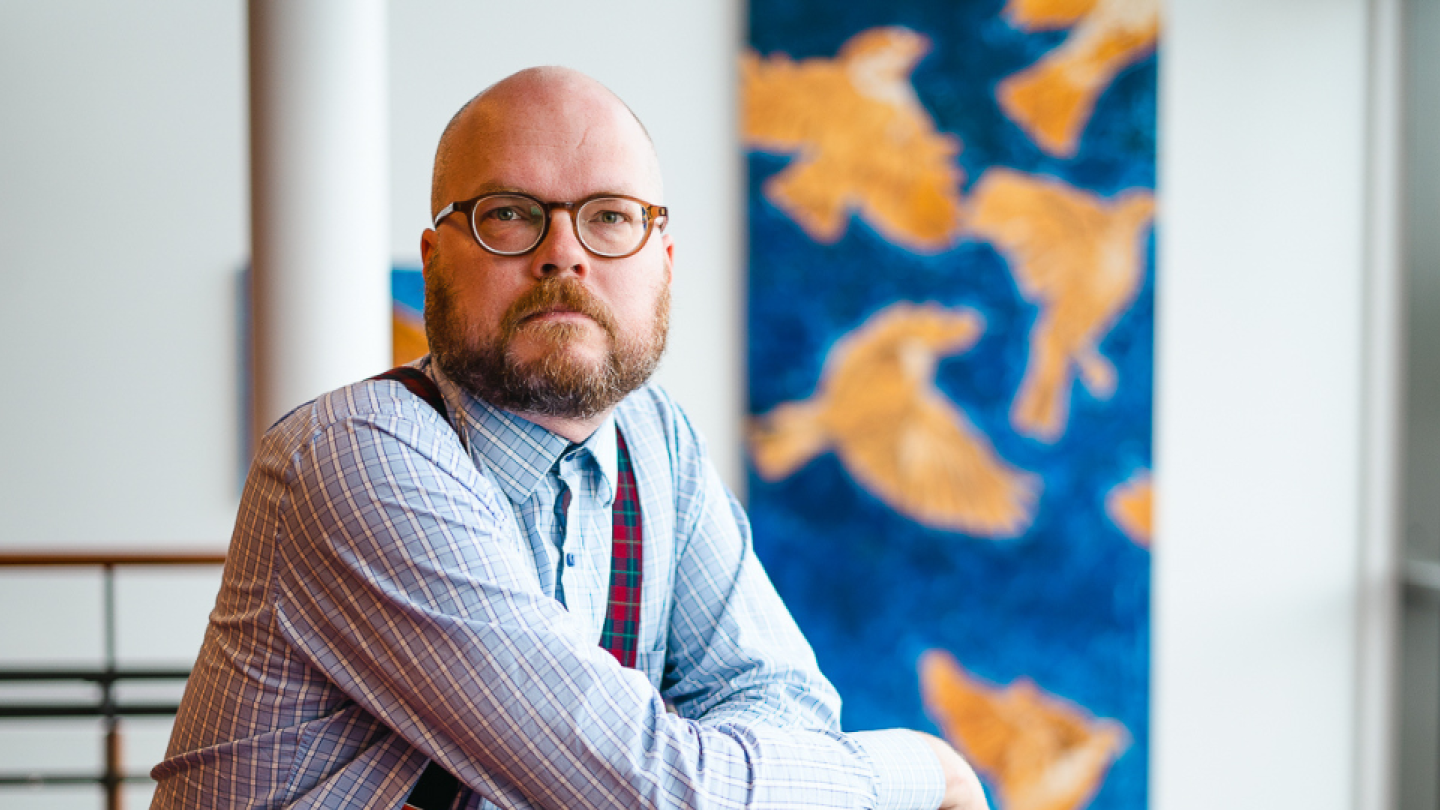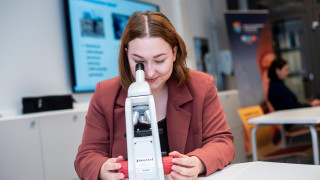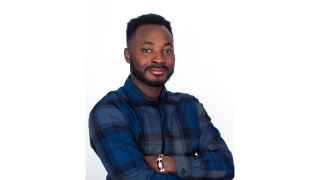My research brings diverse voices into the decision-making of wellbeing services counties

The series Research in the Spotlight allows researchers from Kokkola University Consortium Chydenius to discuss their current research activities.
University Teacher Jiri Nieminen works as a university teacher in the social sciences unit at Kokkola University Consortium Chydenius.
What are you trying to solve with your research?
In addition to my teaching, I’m involved in a project that explores ways to strengthen inclusion in structural social work. The wellbeing services counties are not only service providers, but also political communities with their own regional elections, councils as well as influencing bodies. However, the residents and clients in the most vulnerable positions are often also the most passive citizens.
How does the research answer these questions?
Our research explores how to improve inclusion and the conditions for participation of those in the most vulnerable positions within the wellbeing services counties. Strengthening inclusion in social work helps break the so-called cycle of exclusion, where poverty, social exclusion, and poor health are seen as reinforcing one another. My own share of the research work focuses on political participation as an aspect of social inclusion.
What do the results of the research specifically concern – and in what way?
The research findings concern particularly people in the most vulnerable position – or at least that is the hope. But the findings also concern the self-understanding of the field of social work and research as work that serves as a connection between civil society and our political system, third-sector organisations and communities, wellbeing services counties, as well as the social work carried out within them.
What is the significance of the research results economically, socially, or politically?
Social inclusion and democracy are intrinsic values. I personally believe that democracy involves everyone’s right to disagree. It’s a prerequisite in politics. Without disagreements or conflicts, there would be no democracy or politics, only governance. It’s assumed that individuals and their communities are best equipped to make decisions that reflect their unique needs and values. This alone highlights the importance of including diverse voices in decision-making processes.
In addition, bringing out the views of those in the most vulnerable position enables the development of social services within the wellbeing services counties. Hopefully, it will also help break the cycle of social exlusion, to the point where the most vulnerable become more active and consequently realise that their need for social services has decreased. Although this is not a goal in itself, it should not be underestimated when marketing the importance of inclusion work to politicians who decide on the budgets of the wellbeing services counties.
Would you like to share something else about your work as a researcher?
The research project started last autumn and continues until the end of 2026. It is funded through research grants provided by the Ministry of Social Affairs and Health and carried out partly at the University of Jyväskylä and partly at the Kokkola University Consortium Chydenius. It’s always pretty hectic, but also a lot of fun. Getting research permits from the wellbeing services counties to interview both inclusion coordinators and members of influencing bodies has been challenging. Finland’s legislation on inclusion work is fairly good, but since practices and implementation vary, there is always room for development. Civil society has a lot to teach us.





